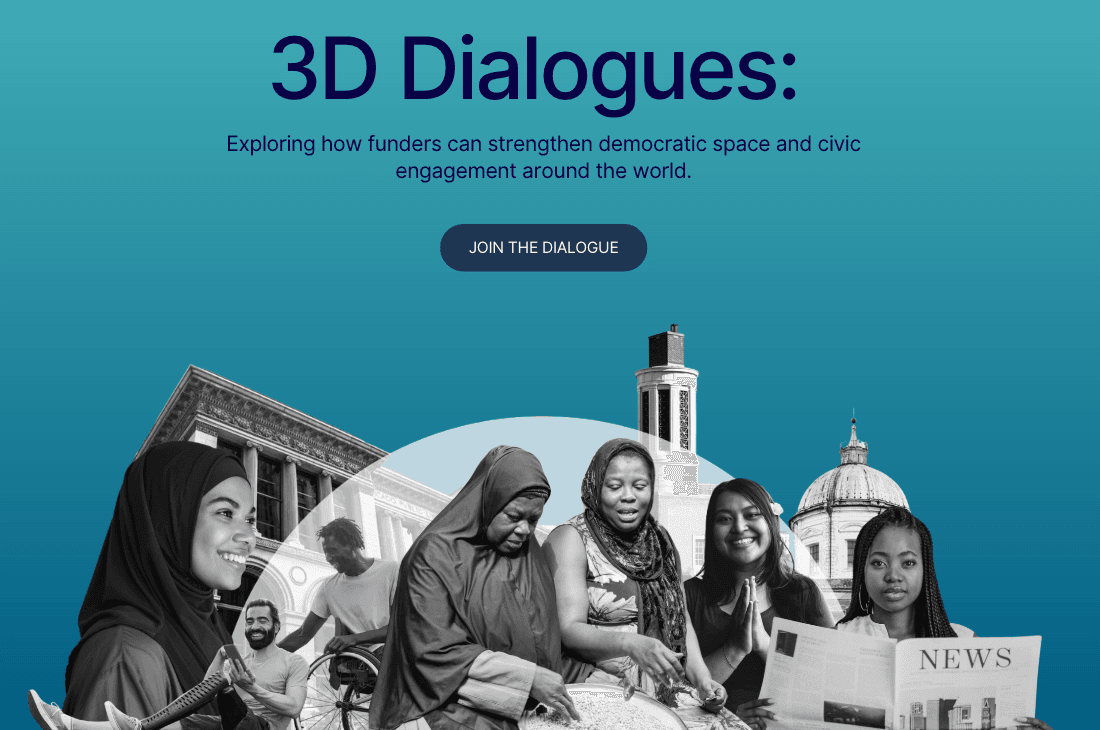In recent years, civil society groups and funders have shown growing interest in the power of narratives. As authoritarian actors increasingly use emotionally charged and digitally amplified messaging to erode trust in democratic institutions, there's a growing recognition that defending and expanding democratic space means more than just policy reform—it requires challenging dominant narratives and amplifying new ones that foster participation, solidarity, and hope.
While funders are beginning to support cross-border collaborations and invest in shared narrative-shifting strategies, philanthropic engagement in this space remains uneven. Too often, efforts are fragmented, shaped by Global North perspectives, and disconnected from other forms of pro-democracy action. For narrative work to be truly effective, it must confront structural barriers—from the spread of disinformation to the monopolization of digital platforms—and be grounded in diverse, lived realities.
To help us explore these tensions and possibilities, we’re thrilled to share a collective interview with five remarkable narrative thinkers and practitioners working across different regions and contexts. Together, they offer insights into what narratives are shaping democratic participation today, what kinds of narrative work are making an impact, and how funders can better support strategic, long-term change.
Meet the Interviewees
Roberta Braga – Founder and Executive Director of the Digital Democracy Institute of the Americas, exploring how digital storytelling and community-driven media in Latin America and the U.S. can counter disinformation and build democratic resilience.
Tessa Dooms – Director at the Rivonia Circle in South Africa, working to revitalize democratic participation through citizen engagement and narrative framing.
Yanina Welp – Research Fellow at the Albert Hirschman Centre on Democracy (Graduate Institute, Geneva), with expertise in political participation and direct democracy in Latin America and Europe.
Stefania Kapronczay – Former Executive Director of the Hungarian Civil Liberties Union, now advancing work at the intersection of law, health, and rights in Central Europe.
Deus Valentine – Co-founder and CEO of the Center for Strategic Litigation in Tanzania, focused on building inclusive democratic systems rooted in justice and the rule of law.
Through this rich exchange, recorded as part of the 3D Dialogues series, our guests reflect on the dominant narratives currently shaping civic engagement—both online and offline—in their regions. They discuss emerging trends, effective approaches, and gaps in support, offering funders and movement actors alike a broader, more grounded understanding of how narrative power can be built and sustained.
Listen to the full podcast-40 minutes
